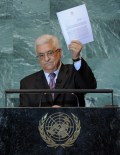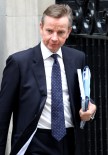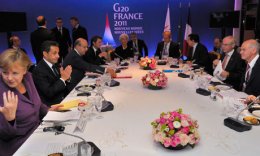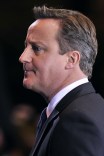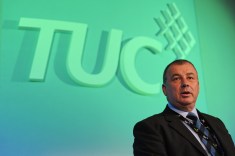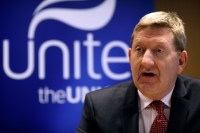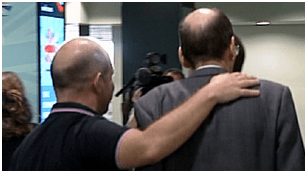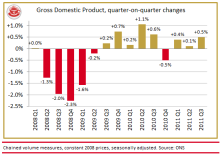Cameron leaves Cannes with an IMF headache
The Cannes summit leaves the world no further forward on its quest for some kind of solution to the Eurozone crisis. Strikingly, the Germans still won’t agree — despite huge diplomatic pressure — to the ECB fulfilling the traditional emergency function of a central bank and acting as lender of last resort. This is a blow when you consider that Cameron thought there was a real possibility Merkel would budge on this after last week’s European Council meeting. It also provides Cameron with a domestic political headache. For if the ECB won’t act, the IMF will have to take more of the strain — and increasing Britain’s contributions to the


